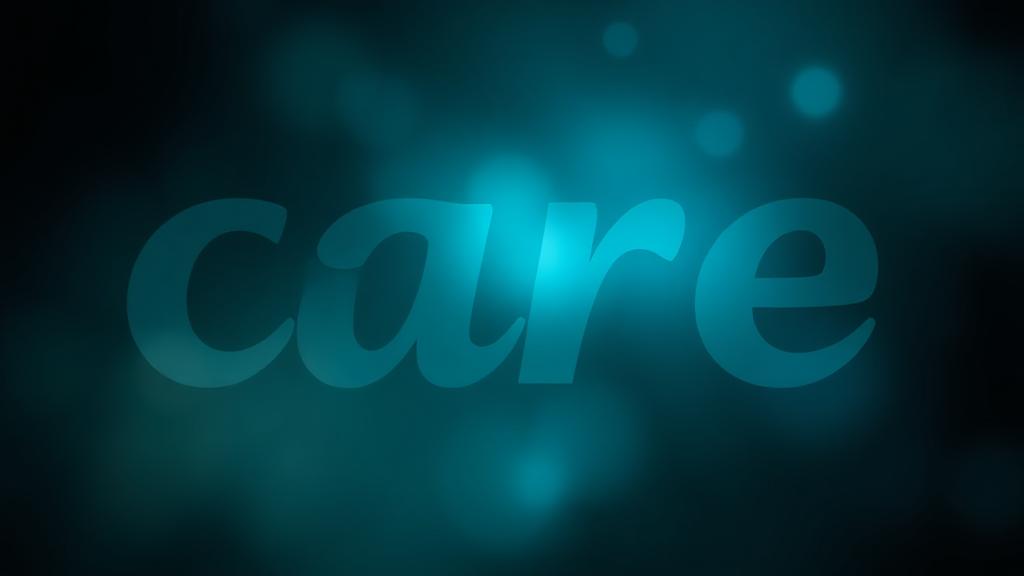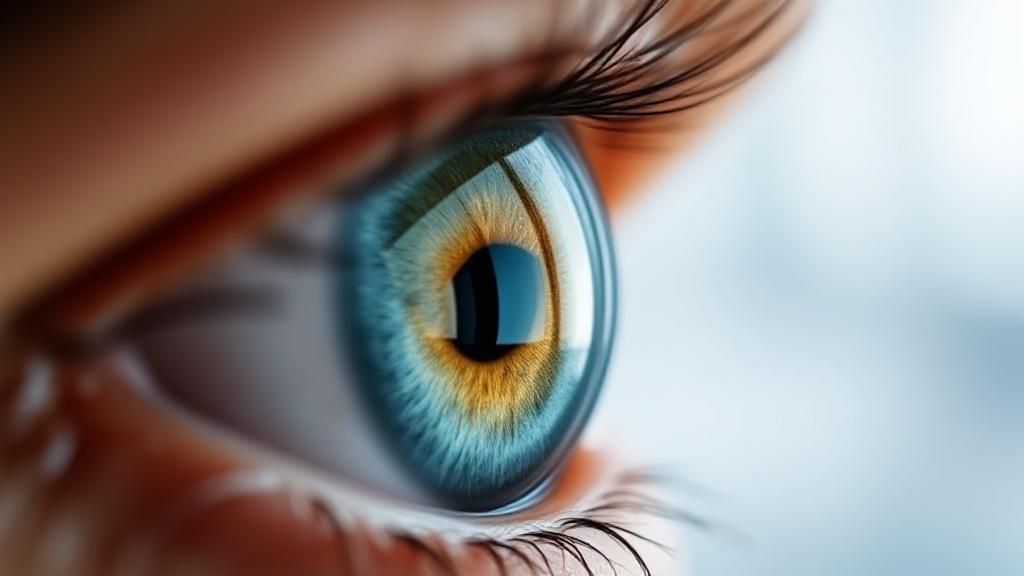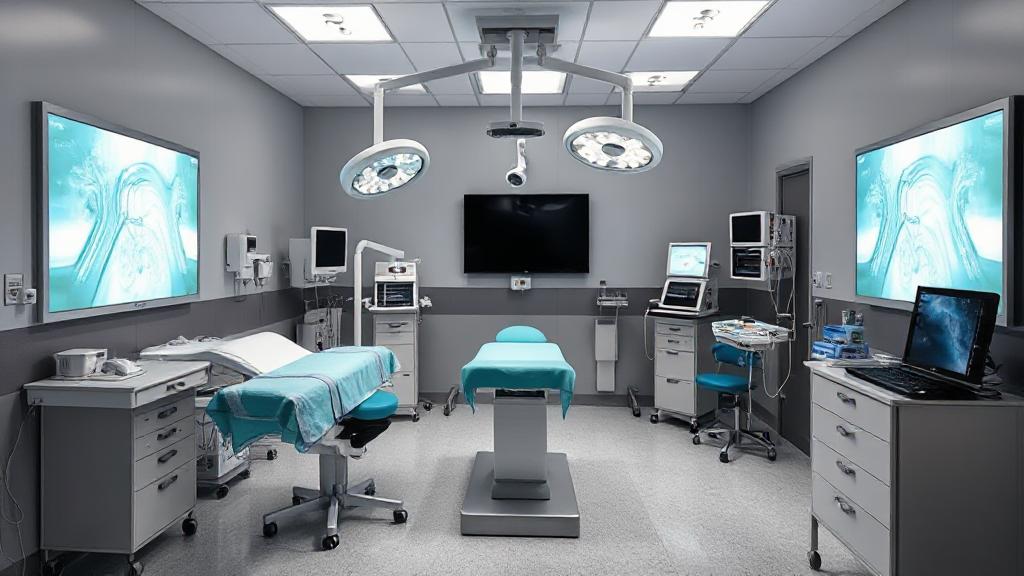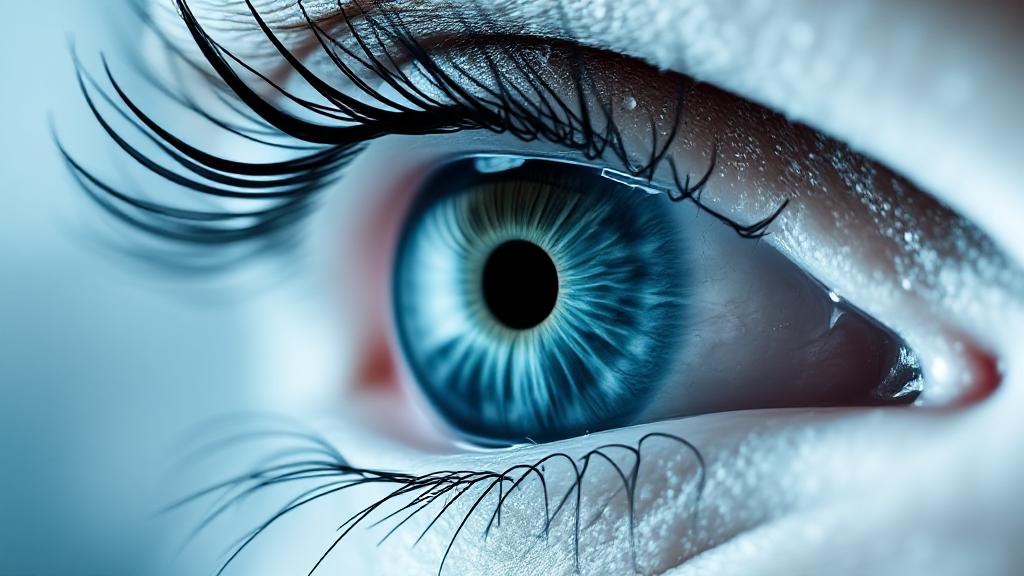You can read the positivity in this renter's approach to and recovery from her vitrectomy surgery. Having a vitrectomy on top of other health-related issues can push a person into depression. As you read on, I think you will be inspired.
Renter Y.M. ~ Vineland, Ontario
1) Is your vitrectomy surgery due to a macular hole, retinal detachment, diabetic retinopathy, or another reason?
Retina Detachment
2) How long did it take you from the time you were diagnosed to have surgery?
I could have surgery the next day or stay overnight and have it done. I chose to stay overnight.
3) What symptoms led you to see an eye specialist (Optometrist or Ophthalmologist)?
Surgery date: October 3rd, 2023. Two weeks prior, I noticed a loss of vision in the upper left corner of my right eye. I did not have flashing lights or floaters. As I was diagnosed with PMR in June and on prednisone for this autoimmune disease, I was sent to the hospital's emergency department and given an examination, an MRI, and blood tests. There was no vision loss, but all was well. After visual fields, OCT (what is an OCT scan?), and other tests, I was referred to Hamilton the next morning. I was advised to not eat or drink the night before. The next day I was put through multiple tests and then my ophthalmologist said that my retina was detached.
4) What kind of hope did your Ophthalmologist give you about your situation?
It was explained to me by my eye surgeon that I would have a ten-day face-down recovery. The staff gave my husband and me all the information we needed.
5) Describe Your First 48 Hours of Facedown Recovery?
After surgery, I was home by 1:00pm, and Steve from Retina Recovery Inc. brought my facedown recovery bed for the next 10 days. It was set up with a two-way mirror so that I could watch TV, which was a lifesaver for me. Steve gave me so much information that I felt prepared for face down. (Learn More Facedown Recovery Tips)
Upon arriving home, I followed my instructions to the letter, drops, 10 and 20 minute breaks. I called my friends and drank coffee through a straw.
6) How would you describe your eyesight (i.e. one week after surgery, one month after surgery, three months after surgery)?
Back at the clinic the next day, everything was fine. The eye was very red and swollen, but that was normal.
The clinic was okay with me after a one-week visit, but I had high eye pressure, so they prescribed a very strong medication, and I had to return the next day. Good news, my pressure dropped from 44 to 13. Although my vision was poor, I was pleased to see some shape and colour, and of course I knew I had a gas bubble in there, which would dissolve in two months.
7) Besides renting equipment, what one piece of advice would you give someone regarding the facedown recovery journey?
Having a wonderful husband to call on is a blessing! (Steve's Note: This truly highlights the important role of the caregiver)
8) What is one thing you wish you knew before your vitrectomy?
Based on the information I was given, I was very concerned when the bubble appeared sooner than expected. (More info on the gas used for these two scenarios: Macular Hole | Retinal Detachment)
9) Is there anything else you would be willing to share?
While I did get teary at times, I must say I slept great, and if I woke up I would sit up head facing down, and do some stretches. I would not have survived without my Retina Recovery Inc. bed.








